The world is entering an era where technology, climate change and economic change are reshaping the job map.
According to the World Economic Forum's (WEF) Future of Jobs 2025 Report, by 2030, the global labor market will witness a major change: 170 million new jobs will be created, but 92 million positions will also be replaced, leading to a net growth of 78 million jobs.
These figures not only reflect the explosion of artificial intelligence (AI) and digital transformation, but also highlight the urgent need to upgrade skills to avoid being eliminated.
In Vietnam, this trend is even more evident as the digital economy is expected to account for 30% of GDP by 2030, opening up millions of opportunities but also requiring the workforce to adapt quickly.
In many Vietnamese economic sectors, from automated production lines to virtual assistants supporting data analysis, AI not only optimizes processes but also reshapes the nature of work.
Many repetitive positions, such as data entry or basic document sorting, are disappearing, giving way to roles that require creativity and strategic thinking, such as machine learning programmers and big data analysts, helping humans focus on tasks that require empathy and creativity that machines cannot yet replace.
In this new picture, businesses also change their criteria for selecting personnel. No longer stopping at basic expertise and skills, employers increasingly prioritize candidates who know how to exploit AI tools to improve productivity. Workers who do not update new skills and lack technological thinking will easily be "left behind".
This is not only a challenge for those about to enter the labor market but also a difficult problem for students currently in school.
They need to be equipped not only with theoretical knowledge but also with practical skills to cope with rapid change. Vocational training units must also adjust their curriculum, integrating AI to help learners keep up with the pace of new-age technology.
So how to effectively connect "supply" and "demand" - between learners and businesses in the AI era? How should AI be integrated into the curriculum so that it is not just a theory but a practical tool? How should learners be trained to think and create with AI, to turn technology into an ally instead of an opponent?
These questions are of interest to many people, especially as AI increasingly becomes a deciding factor in career success.
To answer these concerns, Dan Tri newspaper cooperated withFPT Academy International - a unit under FPT Polytechnic College - to organize a special discussion with the topic "Catching the career wave in the AI era: What to do to avoid being eliminated?".
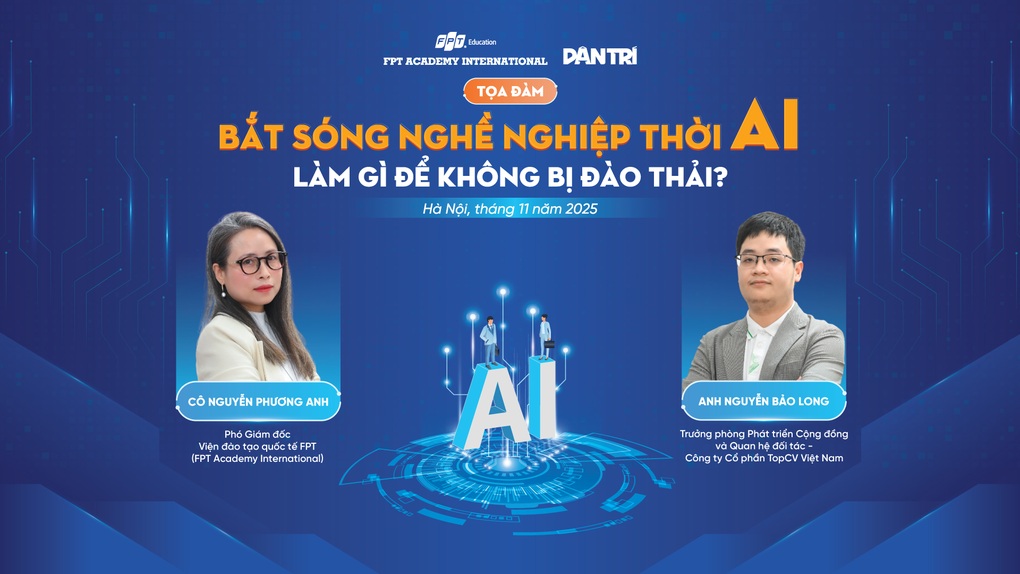
The program will provide practical insights from experts, helping participants grasp trends and prepare adaptation strategies.
The seminar was attended by two guest experts: Ms. Nguyen Phuong Anh, Deputy Director of FPT Academy International, FPT Corporation, with rich experience in building technology-integrated training programs; Mr. Nguyen Bao Long, Head of Community Development and Partnerships at TopCV Vietnam Joint Stock Company, who has a deep understanding of the recruitment market.
Through authentic sharing, the panel discussion promises to provide practical solutions, from updating personal skills to how businesses and education can cooperate more closely, helping each individual be more confident on their future career journey in the digital age.
The discussion will be broadcast live on Dan Tri newspaper at 10am on November 19. Readers can send questions about the discussion using the form below.
Source: https://dantri.com.vn/giao-duc/bat-song-nghe-nghiep-thoi-ai-de-khong-bi-dao-thai-20251117175049896.htm











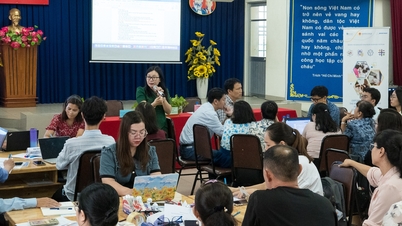







![[Infographic] Schedule of the National High School Excellent Student Exam in 2025](https://vphoto.vietnam.vn/thumb/402x226/vietnam/resource/IMAGE/2025/11/18/1763438886912_training-strategy-2022-2874-5783-jpg.webp)



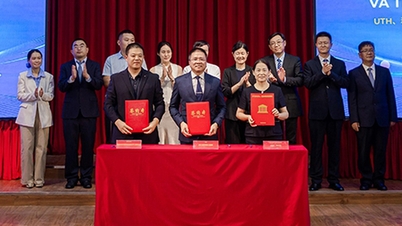


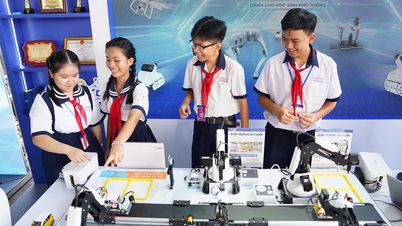





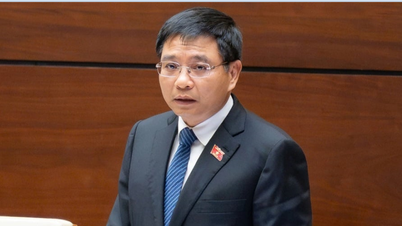



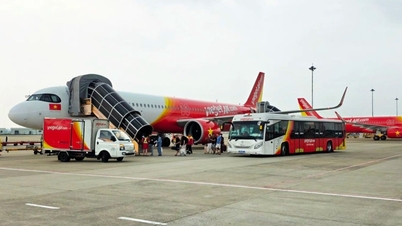


![[Photo] General Secretary To Lam and National Assembly Chairman Tran Thanh Man attend the 80th Anniversary of the Traditional Day of the Vietnamese Inspection Sector](https://vphoto.vietnam.vn/thumb/1200x675/vietnam/resource/IMAGE/2025/11/17/1763356362984_a2-bnd-7940-3561-jpg.webp)



















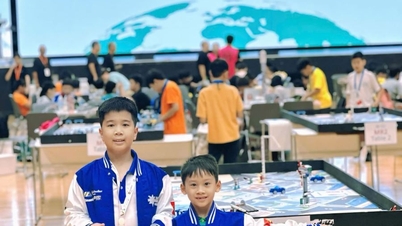



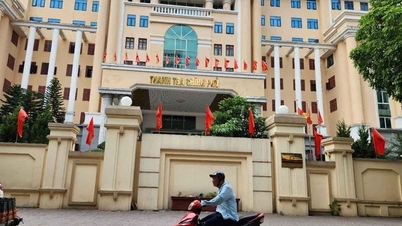






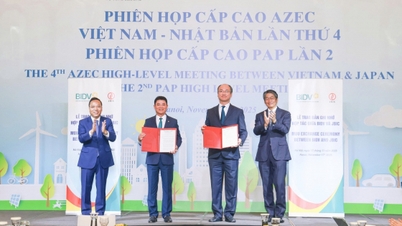

















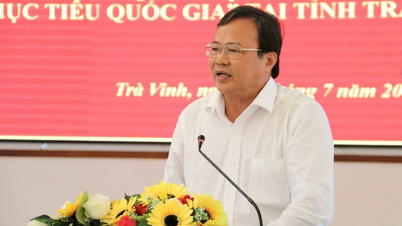








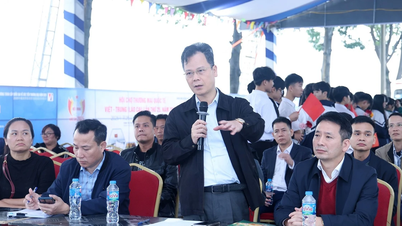



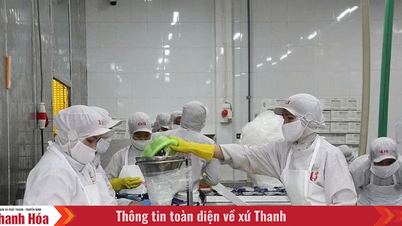














Comment (0)